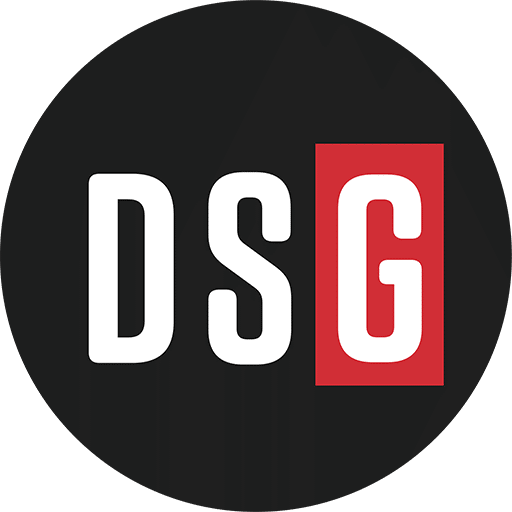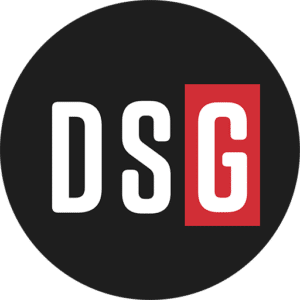Global Industrial Co. reported better-than-expected earnings in the first quarter, highlighting improved margins, disciplined spending, and growth in key strategic accounts—despite flat revenue and mounting pressure from newly enacted tariffs.
For the quarter ending March 31, 2025, net sales declined 0.7% year over year to $321.0 million, down from $323.4 million in Q1 2024. Operating income increased 4.6% to $18.2 million, while net income from continuing operations rose 3.1% to $13.5 million.
“This was a solid start to the year considering the weak January, which was impacted by the midweek New Year’s holiday,” chief executive Anesa Chaibi said during the earnings call. “We ended the quarter with growth in March, and we’ve seen continued momentum into April.”
Chaibi credited performance from the company’s largest strategic accounts, adding that Global Industrial is focused on expanding its share of wallet in enterprise, group purchasing organizations (GPOs), and key verticals. “We are broadening who we serve,” she said. “We bring significant value through our exclusive brands, vendor partnerships, and a customer-centric model that delivers a frictionless, end-to-end experience.”
The company is investing in an account-based marketing program and CRM upgrade—on track for completion this summer—to improve customer targeting and retention. “These initiatives will better align sales and marketing to capture and nurture high-value relationships,” Chaibi noted.
But executives also warned that tariff pressure is growing. “The tariffs enacted in April have disrupted not just our business, but the entire supply chain and our customers,” Chaibi said. CFO Tex Clark added that Global has already taken initial pricing actions and is evaluating further increases as tariff-related costs flow through the system.
“Our teams are in daily stand-up meetings managing this,” Clark said. “We’ve brought in seasonal inventory earlier, giving us short-term pricing flexibility, but the cost pressure is real. Many products still originate in China, and the tariffs being discussed—upwards of 150%—are significant.”
Clark clarified that while direct sourcing from China is reduced, it remains one of the company’s largest sourcing regions, particularly for its private label goods. “We’ve diversified our supply chain over the last five years, but some exclusive brand sourcing still depends on China, and changing that takes time,” he said.
Despite the pricing adjustments in April, executives said customer behavior has been stable. “We haven’t seen forward buying or a demand pullback,” Chaibi told analysts. “Our strategic accounts continue to grow, and we believe we can deepen those relationships further.”
Clark said the company aims to maintain margin neutrality through pricing and sourcing adjustments. “We’ve done it before—during the 2019 tariffs and the 2021 freight spike—and we’re drawing from that playbook again,” he said. “That said, the magnitude of today’s tariffs could require a different approach.”
Sidoti analyst Anthony Lebiedzinski praised Global’s margin execution and cost control. “Your SD&A costs barely moved year over year, and that was impressive,” he said on the call, asking whether the company could sustain that level of expense discipline. Clark confirmed that recent headcount and discretionary cuts had helped manage overhead, and that improved top-line growth would further enhance leverage.
Lebiedzinski also asked whether Indoff’s strong quarter reflected any pre-tariff project pull-forward. Clark responded, “We saw no signs of pull-forward. Indoff’s strength has been consistent since late last year and is driven by continued execution on mid-sized projects.” Indoff is a national distributor of industrial products and MRO supplies Global Industrial acquired in 2023.
William Blair’s Michael Francis asked for more detail on sourcing diversification. Clark reiterated that the share of Chinese sourcing has fallen over time and is “well below 35%.” He said the company is looking at other low-impact countries for its exclusive brands but emphasized that “quality and fulfillment reliability” are key criteria in shifting suppliers.
Grandeur Peak’s Matt Kaelberer questioned whether the company’s improving margin trend could continue in future quarters. Clark was cautiously optimistic, saying, “There’s room to improve margins through sourcing, pricing, and logistics—though tariff volatility may introduce more noise.”
Chaibi added that customer engagement remains high despite inflationary pressure. “I’ve met with strategic accounts personally, and I can say it’s business as usual for now. There’s recognition that price increases are coming, but no pushback yet.”
Operating cash flow from continuing operations totaled $3.3 million, down from $6.3 million in Q1 2024. The decline reflects higher working capital needs, particularly inventory investments. The company ended the quarter with $39.0 million in cash, no debt, and $120.5 million in liquidity under its credit facility.
Chaibi said Global Industrial is actively evaluating merger and acquisition targets (M&A). “We have the balance sheet and the strategic interest to pursue acquisitions that align with our growth roadmap,” she said.
Don’t miss any content from Distribution Strategy Group. Join our list.


